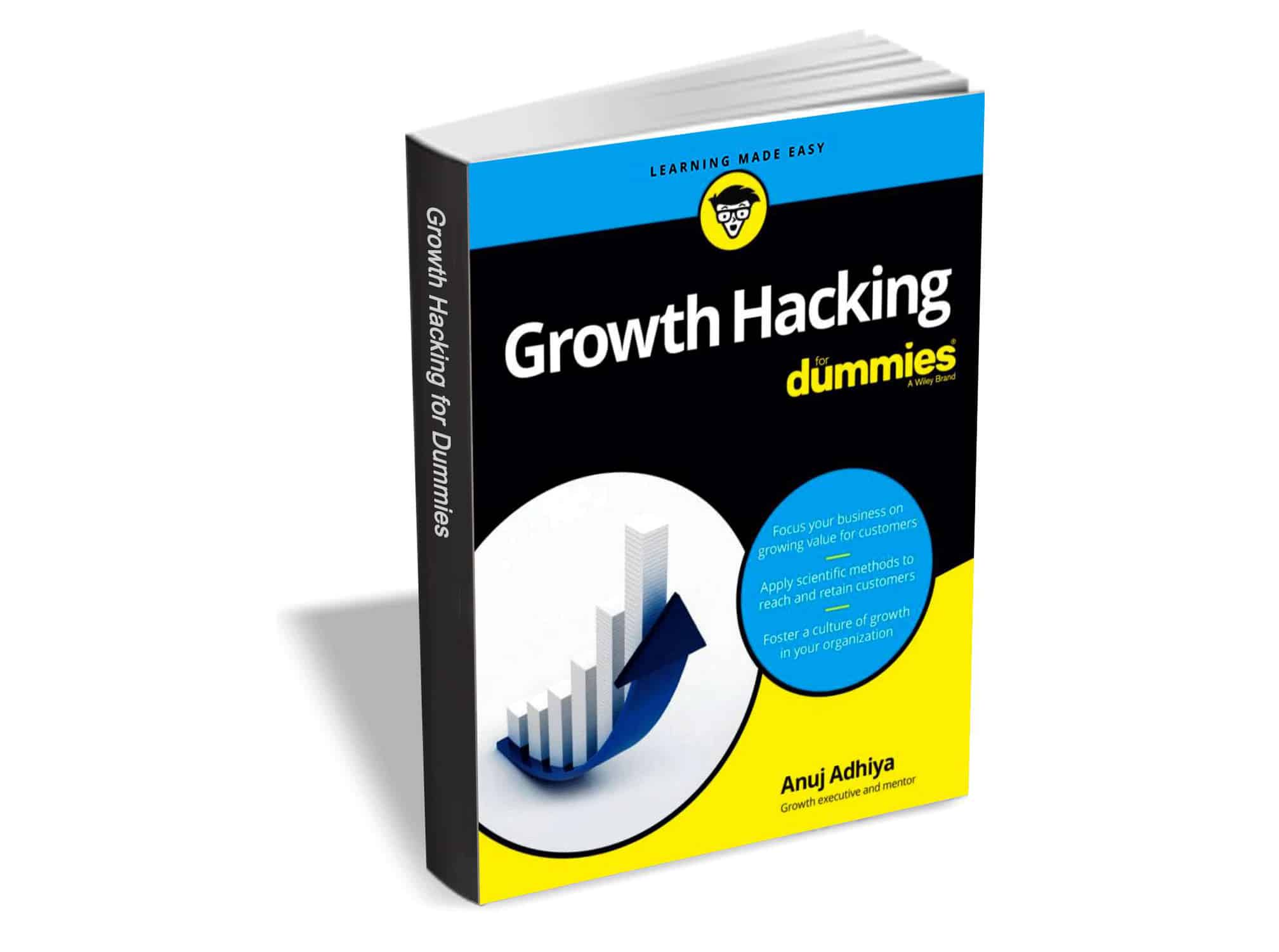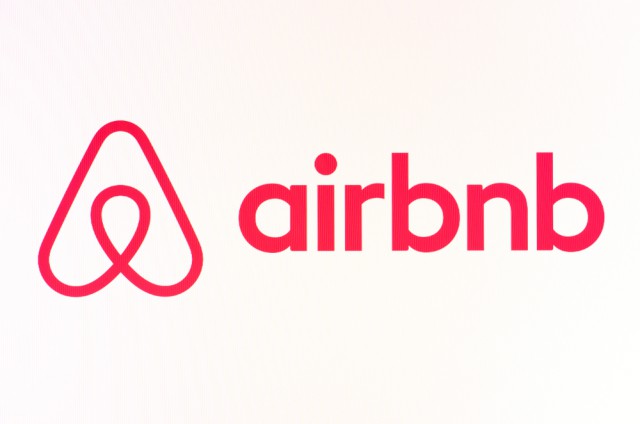
Change data capture: The critical link for Airbnb, Netflix and Uber
The modern data stack (MDS) is foundational for digital disruptors. Consider Netflix. Netflix pioneered a new business model around video as a service, but much of their success is built upon real-time streaming data.
They’re using analytics to push highly relevant recommendations to their viewers. They’re monitoring real-time data to maintain constant visibility to network performance. They’re synchronizing their database of movies and shows with Elasticsearch to enable users to quickly and easily find what they’re looking for.

Get 'Growth Hacking For Dummies' ($16 value) FREE for a limited time
Airbnb. Uber. Spotify. To join the big fish in the disruptive digital shark tank you need to get beyond siloed sales and marketing approaches. You have to move ahead fast -- with input from your whole organization -- or die.
Since the early 2010s, growth hacking culture has developed as the way to achieve this, pulling together multiple talents -- product managers, data analysts, programmers, creatives, and yes, marketers -- to build a lean, mean, iterative machine that delivers the swift sustainable growth you need to stay alive and beat the competition.

How the new sharing economy has changed consumer behavior
We currently live in a Digital Age, which, unlike a couple of decades ago, gives us the ability to leverage one another, like never before, as resources for support in just a few clicks or taps. Nowadays, we congregate online to do so many important things, none more important than sharing our precious resources. Whether we're setting up a ride on Lyft or booking a room on Airbnb, we, as consumers, are putting our trust in the fact that we will get great service and a fair deal, even when we are dealing with people we do not know. It's a fascinating time when what used to quaintly be called "stranger danger" has rapidly given way to consumers learning to trust complete strangers to provide everything from reliable transportation, to comfortable lodging, to transparency into how donations are being used.
The aforementioned companies are now, probably much to our parents’ disdain, household names. And with this kind of brand familiarity comes an implicit sense of trust. We know that if our Lyft driver fails to show, there is a company we can contact to complain about it. We also know that if our Airbnb host doesn’t provide clean accommodations upon arrival, we can go complain on Yelp. Every day, each of the crowdfunding, crowdsharing, and crowdsourcing companies that we're becoming increasingly reliant upon, in turn, relies on one important thing to make sure their business is running as well as it ought to be: consumer feedback.

Find and book a unique stay with these three travel apps
The way we travel has changed over the last few years with vacation rentals becoming much more mainstream and presenting a major challenge to hotels.
The benefits are clear: your own place, improved secrecy, often better value for money and you can create a bespoke vacation offering an authentic approach to your visit, by staying in the local neighborhood.

Airbnb's valuation reaches $30 billion
Airbnb, the home rental startup, is raising another $850 million (£651m), according to a new report by Bloomberg, at a valuation of $30 billion, making it the second most valuable start-up, right behind the $68-billion-worth car-sharing Uber.
The document, filed with the state of Delaware, does not show who the investors are, and Airbnb has yet to make a comment.
